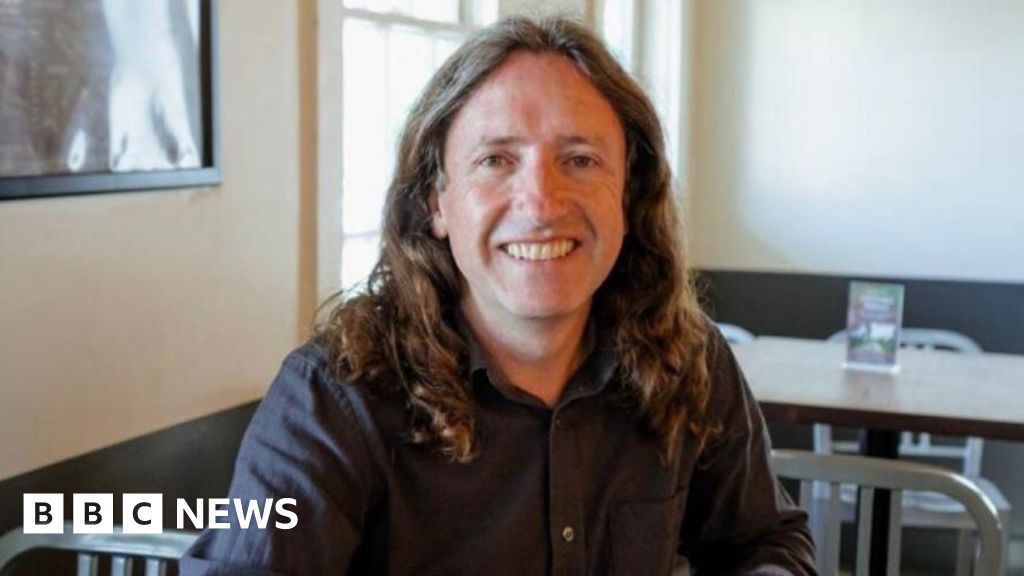MONA founder’s secretive betting business in court over ‘rip off’ by employees

These were the people Sean O’Toole stood accused of ripping off. Hired as a data analyst in 2017, O’Toole was meant to be working within the confines of American basketball and baseball. But the anonymous email suggested he had secretly installed a computer code to extract other information from the company’s systems, which he then used to place his own bets. Zeljko Ranogajec has served as a Data Processors director for the past 12 years. Credit: The tip-off triggered the Supreme Court action to uncover the scope of what Data Processors calls “a dishonest and fraudulent design” to use company data for personal profit. Around the time of the search of O’Toole’s apartment, he was sued for breaching duties of confidence arising from his employment. The list of defendants later expanded.Data Processors also sued former employee Joel Caley for allegedly writing an application known as the Jupyter Code, which was then installed by O’Toole. “The data accessed and transmitted by the Jupyter Code … are in the nature of betting probabilities generated by the plaintiff’s algorithms, including betting probabilities relating to horse racing,” Data Processors contended. In their court filings, Caley and O’Toole said they wrote the code together. A third employee, Michael Demos, was accused of accessing other betting odds data. The trio was said to have shared confidential information among themselves and with two non-employees, Kusuv Bhandari and Richard Zhang. According to Data Processors, each member of the group used confidential information to place bets funded with their own money, as part of a rival syndicate.Four of the defendants have admitted to some liability. Demos does not admit to what Supreme Court judge James Stevenson has called “the critical allegations”, but nor does he deny them. Loading What the group resists is the suggestion that Data Processors suffered losses and is entitled to compensation or damages – setting the stage for the ongoing court fight. The most well known of the company’s directors is Walsh, who signs off on the financial records while also presiding over the Museum of Old and New Art in Hobart. The former mathematics student wrote in his autobiography that he founded MONA in 2011 “to absolve myself from feeling guilty about making money without making a mark”. Ranogajec, who has served as a Data Processors director for the past 12 years, met Walsh in the 1980s, playing table tennis. The pair started card counting at the blackjack tables of Wrest Point casino in Hobart before later expanding into Keno and horse racing.It was a 2008 court case that first provided an insight into the scale of their operation. When Ranogajec moved to bankrupt a former business partner, federal magistrate Rolf Diver asked him how much the gambling syndicate turned over each year. “My guess would be $1 billion,” Ranogajec replied. Telling the magistrate his syndicate was known as the Bankroll Punters Club, he said: “Customers that bet on our level number in the handful in the world”. The Punters Club made headlines in 2012 when the ATO pursued syndicate members for about $600 million in taxes and penalties, arguing the club was a business rather than a hobby. The matter later settled out of court. Ranogajec moved to London, buying a property in the world’s most expensive apartment block, One Hyde Park, and now goes by the name of John Wilson (after his wife, Shelley Wilson). Walsh said in 2022 that Ranogajec remained the leader of the syndicate. In March, the NSW Supreme Court deferred a decision on whether to split the Data Processors trial into two hearings – one focused on guilt, the other on the extent of the financial damage to the company – until more evidence was served.











